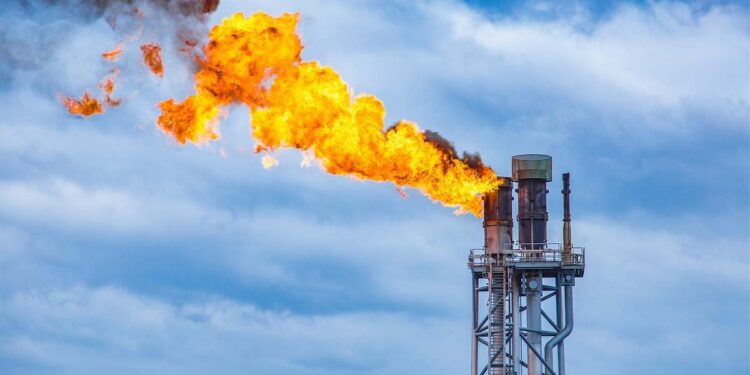Iran’s response last Saturday night to the alleged Israeli attack on the Iranian consulate in Syria on April 1, which resulted in the deaths of seven military commanders in Damascus, did not take long. Israel woke up on Sunday after enduring 300 drones and cruise and ballistic missiles. Israeli Prime Minister Benjamin Netanyahu, with the help of the United States, United Kingdom, and other allies, managed to intercept 99%, without causing any casualties.
Iran declared its actions over and Israel reopened its airspace, which it had closed at midnight, but it seems that the Israeli War Cabinet is considering possible retaliation, to which Iran warned of a much larger response if such a threat becomes reality.
In this context of tension in the Middle East , the markets expect a complicated opening to the week due to the escalation of international conflicts. Investors, who have been suffering from persistent inflation and interest rates that are not expected to decrease in the short term, will experience a new session of volatility on Monday.
With the start of the conflict between Palestine and Israel, the market’s biggest fear was that Iran would fully enter the war. This fear increased when Hamas, the Palestinian paramilitary terrorist organization, attacked Israel in October. With the apparent inclusion of Iran, it is now expected that the price of oil could exceed $100 and a flight to safer assets, such as Treasury Bonds, gold, and the dollar, leading to greater losses in the stock market, as explained by Bloomberg.
In fact, the gold market has been rising, gaining 13% so far this year to reach a price over $2,400 per ounce. As for the dollar, the currency rose 1.3% last week, the best performance since late 2022.
Therefore, there is some concern about Israel’s decision on possible retaliation despite Iran declaring “the matter closed,” although it is true that the White House is not currently supportive of a counterattack. This was communicated by President Joe Biden to Netanyahu through a report prepared by the United States.
In this moment of uncertainty, investors naturally turn to safer assets. However, this could create new opportunities to purchase riskier assets at lower prices. “It will all depend, to some extent, on Israel’s response to what happened this weekend,” said Patrick Armstrong, Chief Investment Officer at Plurimi Wealth LLP, cited by Bloomberg. For instance, Bitcoin plummeted nearly 9% following Saturday’s attacks, although it recovered on Sunday to trade near the $64,000 mark.
However, the Middle East markets did not wake up as if a conflict escalation had occurred, but rather with relative calm since the attack was announced, as was its harmless outcome without casualties or damages due to Israel’s defense.
The dilemma lies in crude oil
On the other hand, market concerns reappear in oil and energy. Last Friday, the Brent barrel, the reference crude in Europe, closed the session around $91, 1.3% higher than the day before.
Added to this is the seizure last Saturday of a cargo ship linked to an Israeli company in the Gulf of Oman, while sailing through the Strait of Hormuz. This location separates Iran to the north from the United Arab Emirates and Oman to the south, and is a crucial enclave for global maritime transport, especially for the shipment of crude oil and liquefied natural gas.
This seizure incident could set a dangerous precedent for the market of the so-called “black gold.” If transportation through this route were to be interrupted, the alternative would involve a much longer route that is not very practical, due to the increased costs that would lead to higher inflation. Up to one-third of the world’s crude oil flows through this strait, so any disruption in circulation in this area would cause delays in oil supply and, therefore, a rise in prices.
Currently, the Brent price is at highs since October of last year and, so far this year, it has risen almost 19% due to production cuts and the fear of supply interruptions. The Organization of the Petroleum Exporting Countries (OPEC) maintained consumption forecasts for this year and the next, while the International Energy Agency (IEA), an OECD-dependent agency that gathers more consumers than producers, denied the claim based on the popularity of electric vehicles. The markets, not entirely convinced, remain attentive in the short term.


